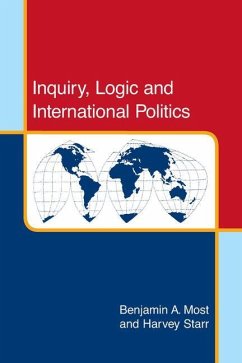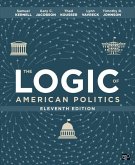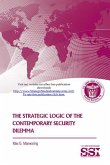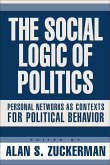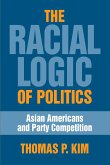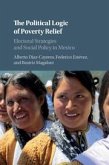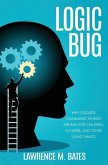Through the use of logic, simulation, and empirical data, Most and Starr develop and demonstrate a new and more appropriate conceptualization of explanation in international relations and foreign policy. They demonstrate that a concern with the logical underpinnings of research raises a series of theoretical, conceptual and epistemological issues that must be addressed if theory and research are to meet the challenges of cumulation in the study of international relations. The authors argue for understanding the critical, yet subtle, interplay of the elements within a research triad composed of theory, logic and method.
Hinweis: Dieser Artikel kann nur an eine deutsche Lieferadresse ausgeliefert werden.
Hinweis: Dieser Artikel kann nur an eine deutsche Lieferadresse ausgeliefert werden.

